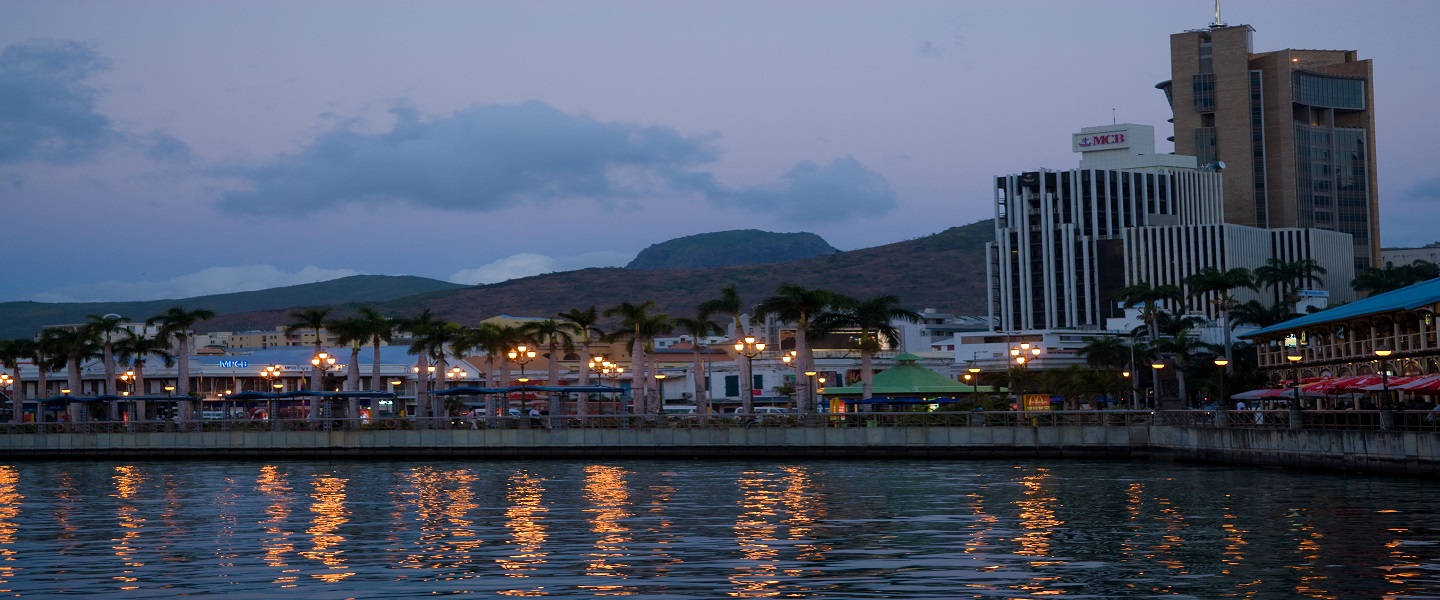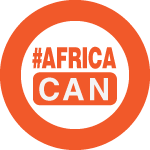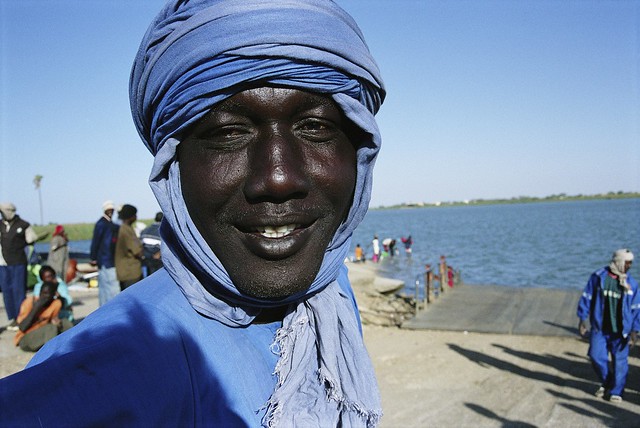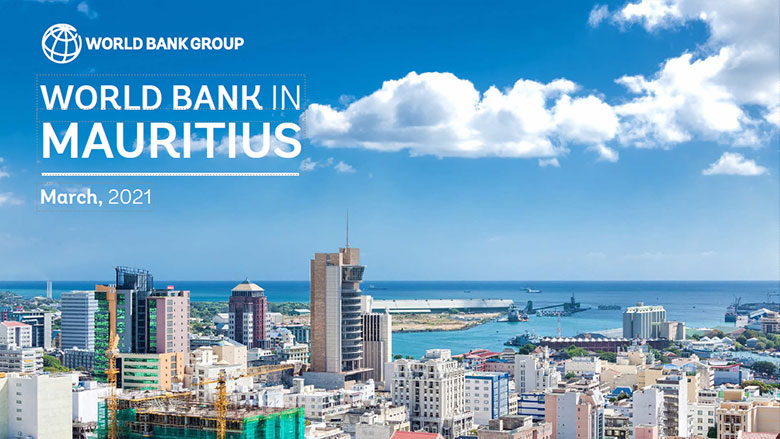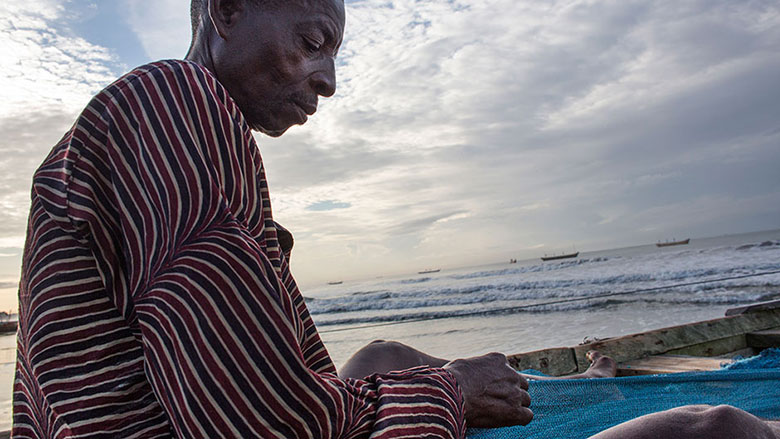Mauritius, an island nation of 1.26 million people, has transformed from a low-income, sugar-dependent economy in the 1960s into an upper-middle-income country with a diversified economic base. Key sectors now include tourism, manufacturing, ICT, and financial services, the latter contributing 14% of GDP. Despite a sharp economic contraction during the COVID-19 pandemic that temporarily cost Mauritius its high-income status, the country is on a path to recovery, supported by strong governance, investment in education and infrastructure, and structural reforms that continue to drive resilience and growth.
Political Context
Mauritius is one of the oldest democracies in Africa, having held 13 general elections deemed free and fair since the late 1960s. Its political system is dominated by three parties, namely the Militant Socialist Movement (MSM), the Labour Party, and the Mauritian Militant Movement (MMM). The 13th general election took place in November 2024. A coalition named Alliance du Changement, which was mainly comprised of the Labour Party and MMM, won 60 out of 62 seats in the National Assembly. Dr. Navin Ramgoolam was sworn in as Prime Minister as well as to the roles of Finance Minister, Minister of Defense, Home Affairs and External Communications, and Minister of Rodrigues and Outer Islands Development. In Mauritius, the President is the head of state, while the Prime Minister has full executive powers and heads the government.
Civil liberties
Mauritius is rated “Free” in the 2024 Freedom House's annual study of political rights and civil liberties worldwide. It performs well on various other political and economic indicators compared to many countries in the region. It is also well placed in the Corruption Perceptions Index, ranked 56 out of 180 countries.
ECONOMY
Mauritius has experienced remarkable growth since its independence in 1968, briefly reaching high-income country status in 2020. The economy recovered after a 14.6% contraction in 2020 due to the COVID-19 lockdown. With a gross domestic product (GDP) of $10,216 per capita (2022), Mauritius’s economy has proven resilient to other global economic shocks, including those stemming from the war in Ukraine, which have affected revenues from tourism arrivals and led to higher energy prices. However, real GDP growth has decelerated compared to the pre-pandemic period. After a surge in international tourism that led to an 8.7% rebound in real GDP in 2022, real GDP growth decelerated to 5% in 2023 and 4.9% in 2024 on the back of decreasing tourist arrivals. The twelve-month average headline inflation moderated to 3.3% in August 2025, slower than the 4% rate observed a year before, mainly due to lower imported prices. Years of expansionary fiscal stance, far-reaching COVID-19 measures, and high social spending led to an elevated public-debt-to-GDP ratio of 90% in June 2025. The government has initiated fiscal consolidation measures to improve the fiscal outlook. Growth is expected to moderate to around 3% in 2025, reflecting a gradual softening of public spending, a cooling of construction activities, and challenges in export competitiveness.
The government has introduced measures to lessen labor and skills shortages and continues to promote the use of renewable energy. Strengthening resilience against climate and energy shocks and building fiscal buffers will be essential to build growth resilience. Investing in human capital, improving health outcomes, and boosting private sector innovation will be crucial to regain and sustain high-income country status.
Last Updated: Sep 30, 2025
